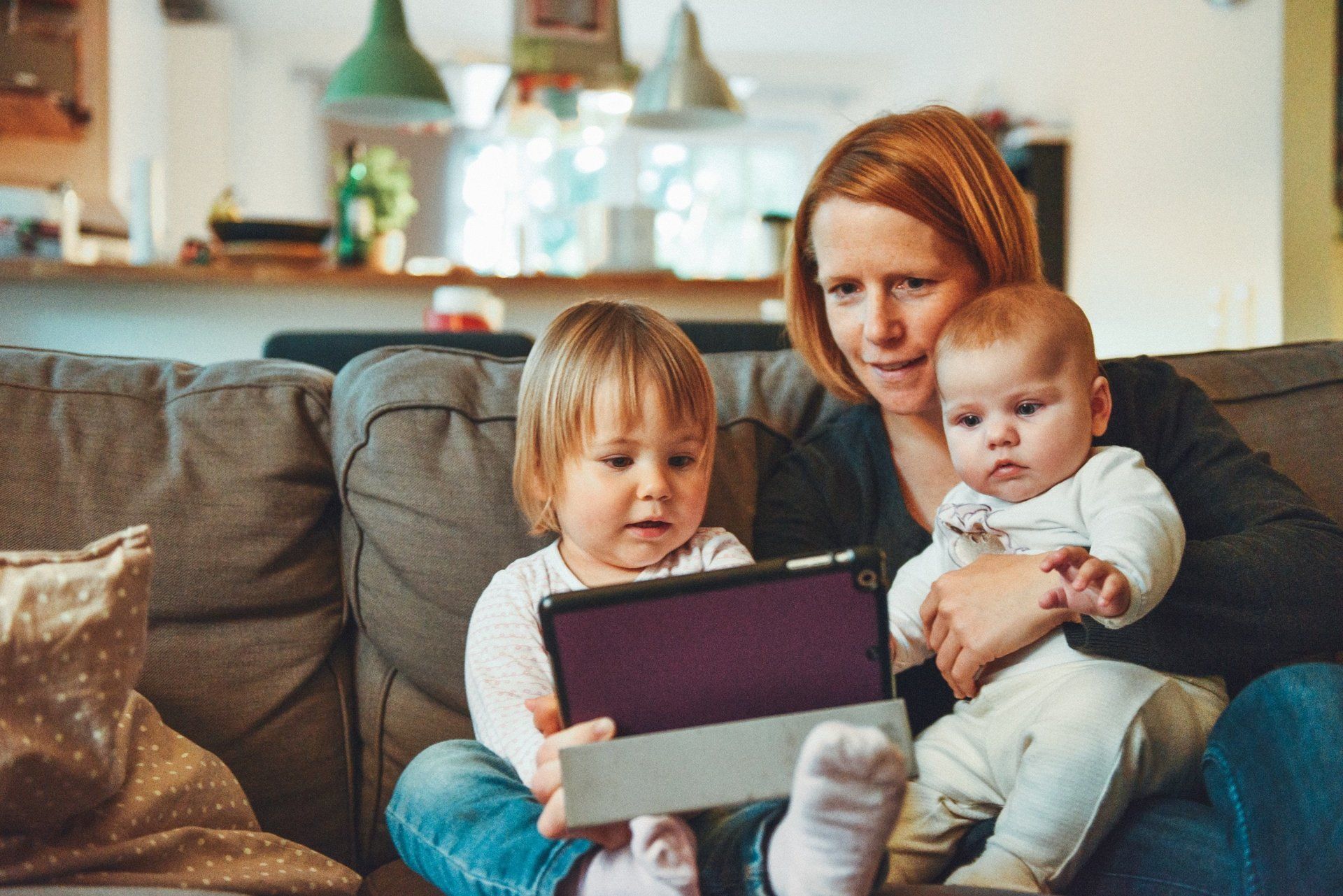Mindfulness for Parents
Is Parenting Stressful? Ask a Parent.
Almost 3 out of 4 parents said parenting was their biggest challenge and often stressful. Diapers to be changed, food to be prepared, worries about whether you’re doing it right. You want to find a way through all the frustrating moments and be a parent who is there for your child, no matter what.
How Can Mindfulness Help?
Mindfulness is one strategy that can reduce the stress of being a parent. Mindfulness is a way of being. Practicing mindfulness means paying attention to what’s happening in the moment and accepting those experiences and feelings without judgment. What does that look like in the everyday life of a parent?
Here are five ways1 to be mindful as you go about your day.
1. Listen to your child with your full attention.
Sometimes it seems like all we do is listen to our child! But it’s easy to be so focused on our own goals (like getting out of the house on time, getting dinner on the table, answering a friend’s text) that we miss what our children are really trying to say. I don’t want you to leave because I love you so much! Or, I’m tired of being stuck in the stroller. Listening with full attention helps you understand and respond to your child’s needs.
2. Accept your child (and yourself) without judgment.
Parenthood is exhausting. There will be many moments when you judge your child (or yourself) harshly. Acceptance of all feelings, even the negative ones, is important. If you can acknowledge a feeling without being overwhelmed by it, you can respond with patience, rather than react out of frustration and anger.
Knowing what to expect from your child from birth to 3 years old can help you accept her feelings and behaviour with more understanding.
3. Imagine your child’s feelings and match your response.
This strategy asks you to imagine how your child might be feeling during a difficult moment. Your 2- year-old can’t find his blanket and it’s time for bed! Tears and tantrums are up next! When you stop to imagine how your child is feeling, you can respond with love and compassion.
4. Manage your own feelings and reactions.
Mindfulness does not mean parents never get frustrated or angry. It does mean pausing before reacting in stressful situations. Young children don’t know how to manage their feelings yet. If you can be calm when your child is not, she learns that she can depend on you during even her toughest moments.
5. Show compassion for yourself and your child.
Sometimes when young children are very upset, we forget how hard and overwhelming it can be to be so small. Thinking about a situation from a child’s point-of-view helps you respond with compassion. Parents also deserve compassion themselves. Instead of judging and blaming ourselves, we can stop to realize that everyone struggles and these feelings are normal. Self-compassion means recognising that parenting is a process of learning. If your first approach didn’t work the way you wanted, try something else the next time. Many people have very little experience being kind to themselves.




